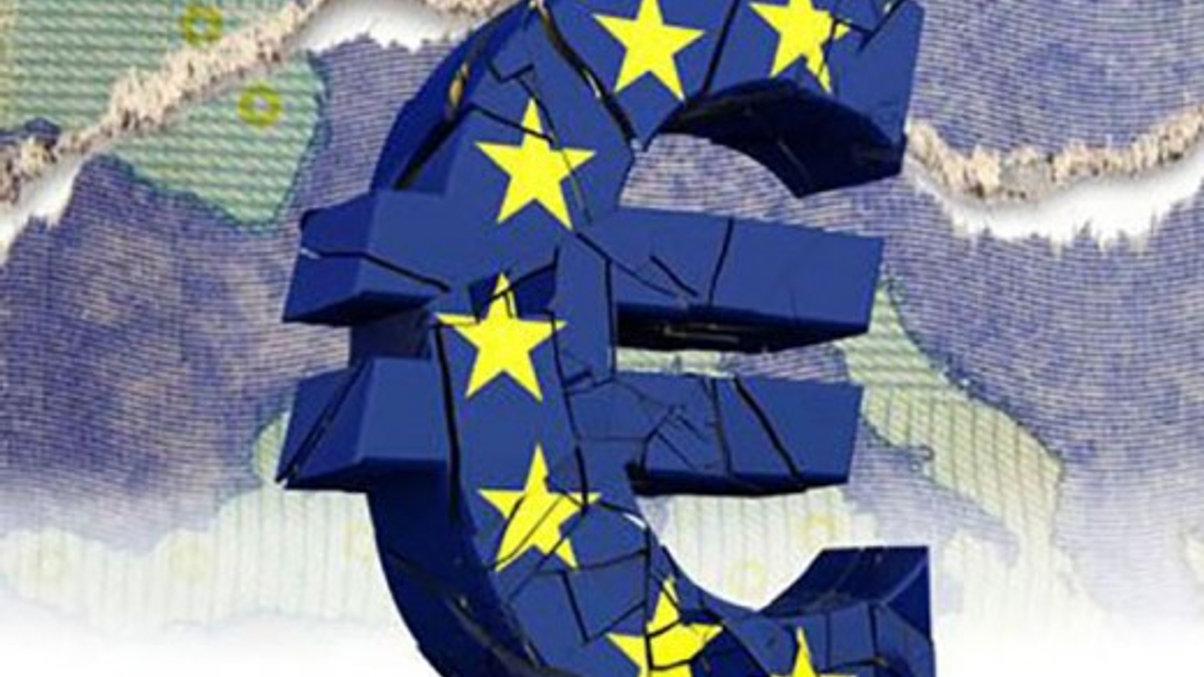AI view: the question of EU survival looms larger
In AsianInvestor's fourth prediction for the Year of the Rooster, we give our view on whether more countries will vote to leave the European Union.

First Britain's vote to leave the European Union in June, then Donald Trump's November success in the US presidential election. The two big shock results of last year have led many arguing that many to argue that surprise victories for populist candidates in France and the Netherlands are more likely than the polls suggest.
Sign in to read on!
Registered users get 2 free articles in 30 days.
Subscribers have full unlimited access to AsianInvestor
Not signed up? New users get 2 free articles per month, plus a 7-day unlimited free trial.
¬ Haymarket Media Limited. All rights reserved.


